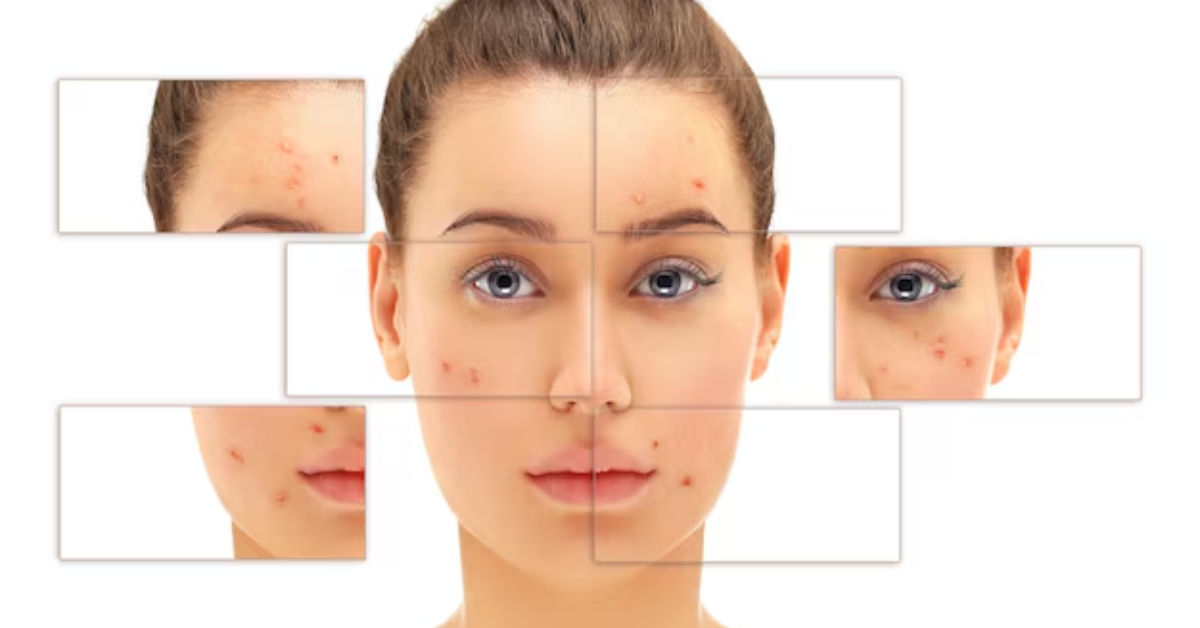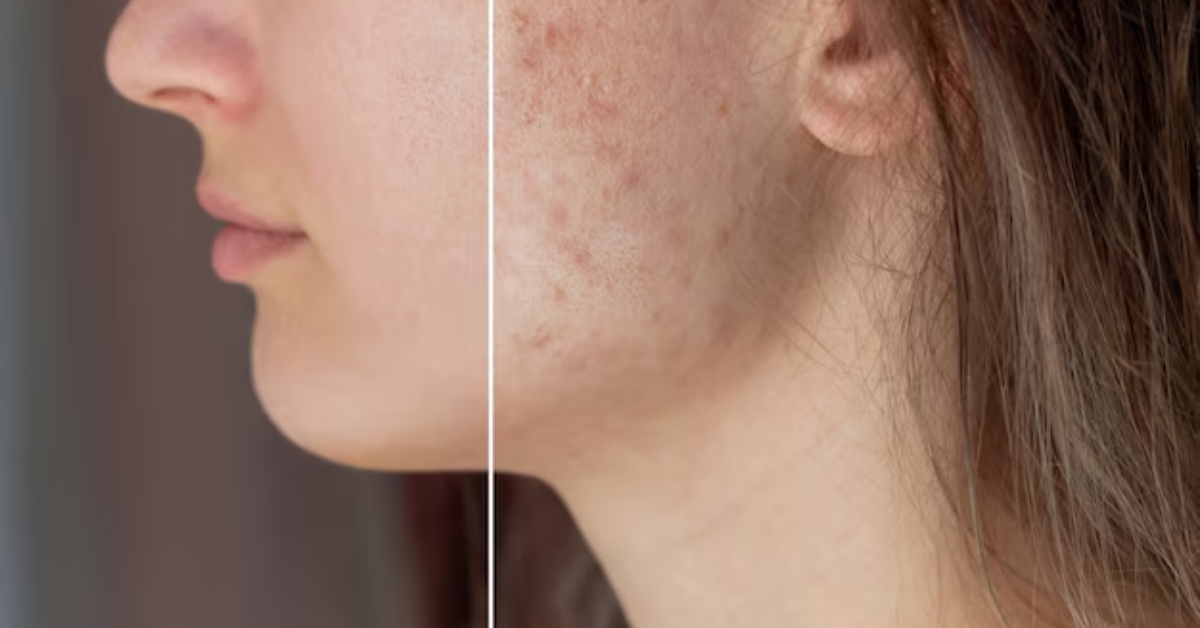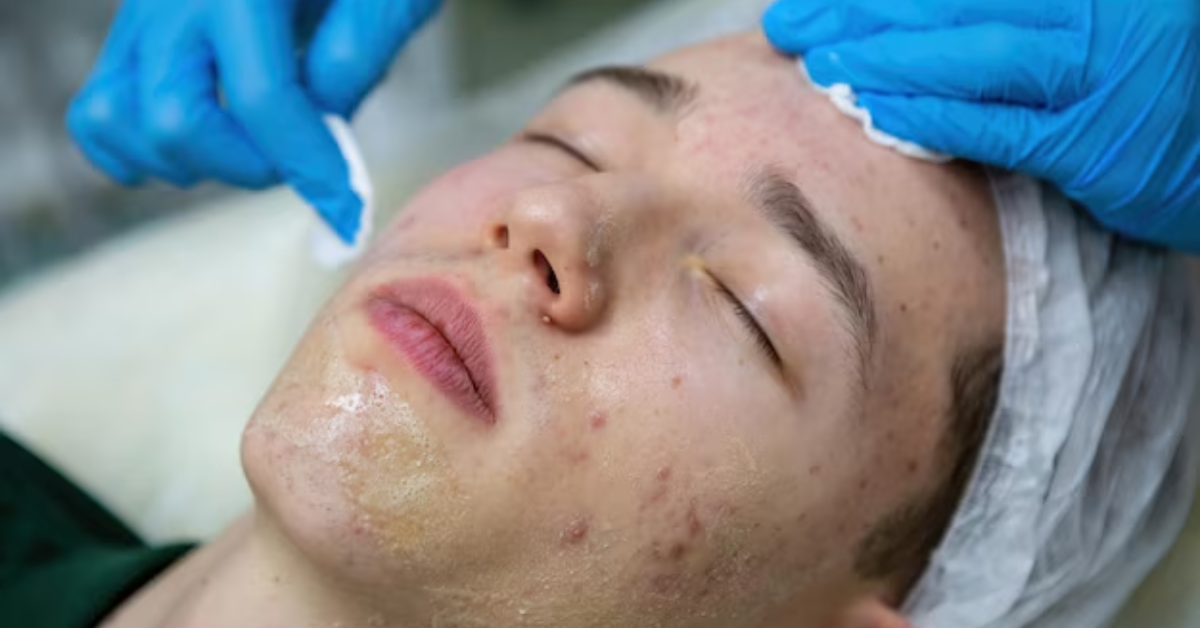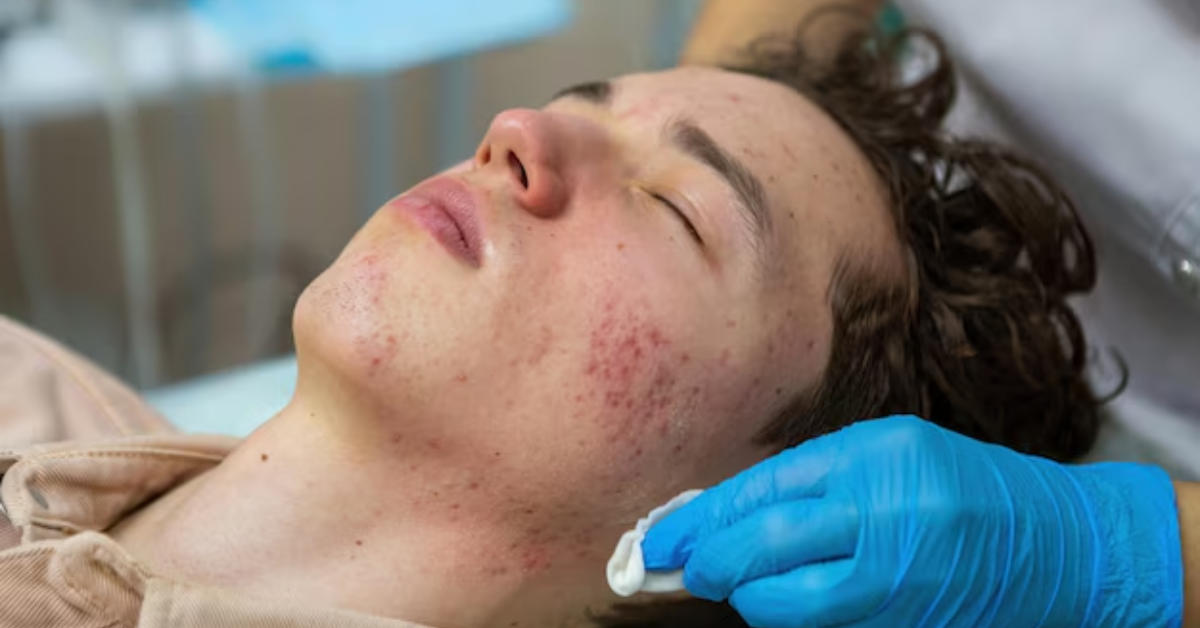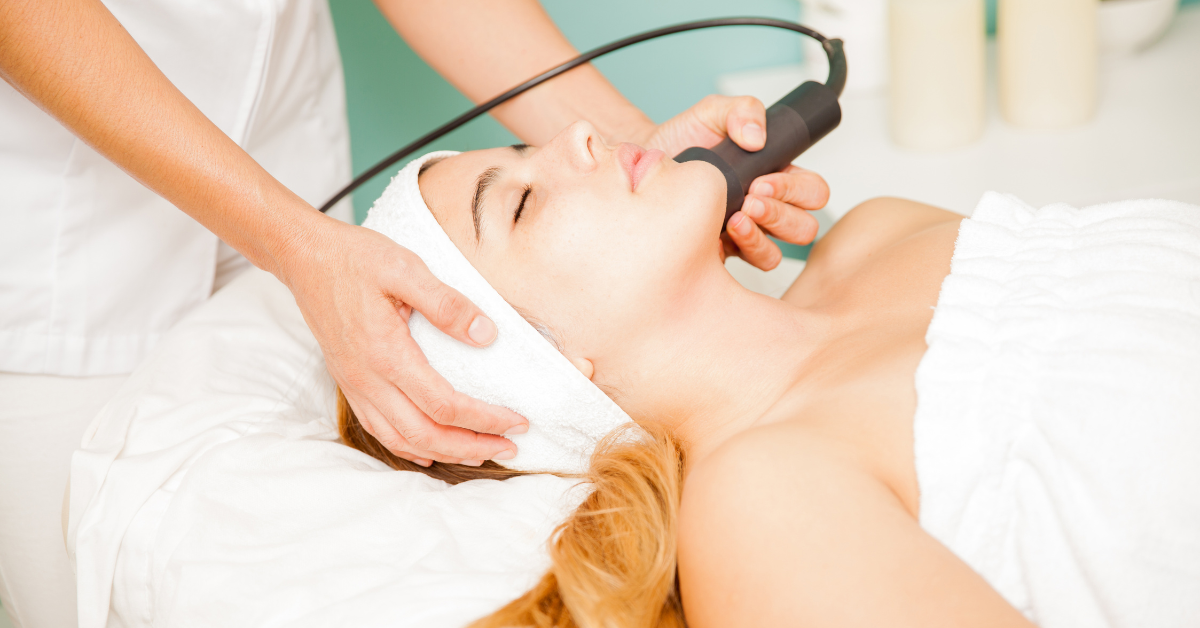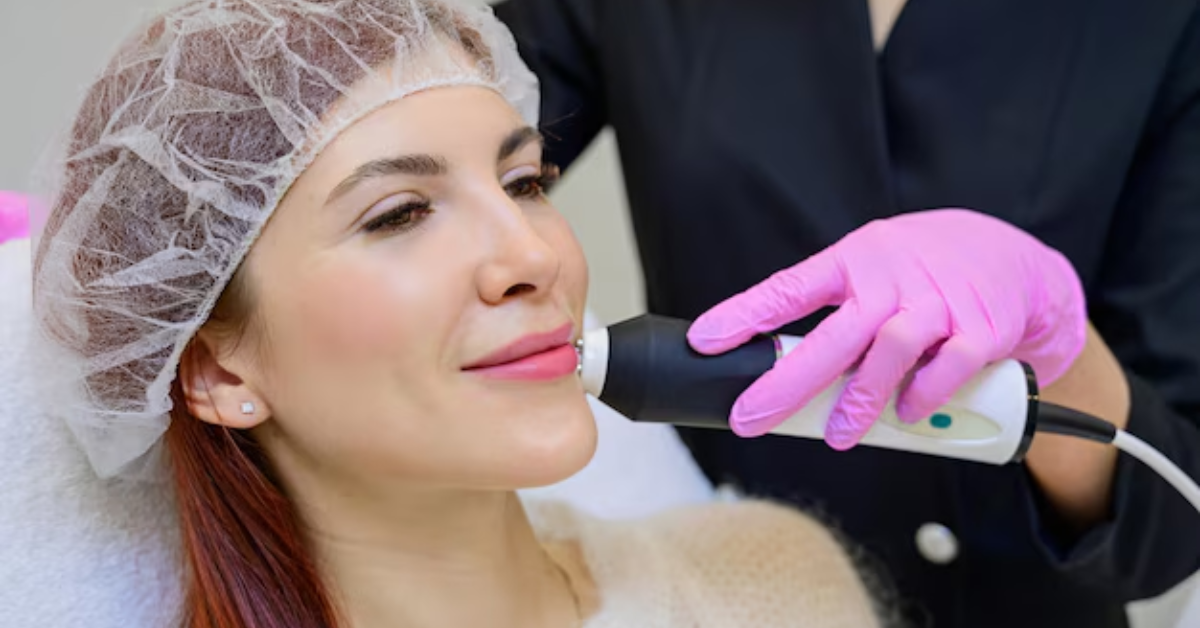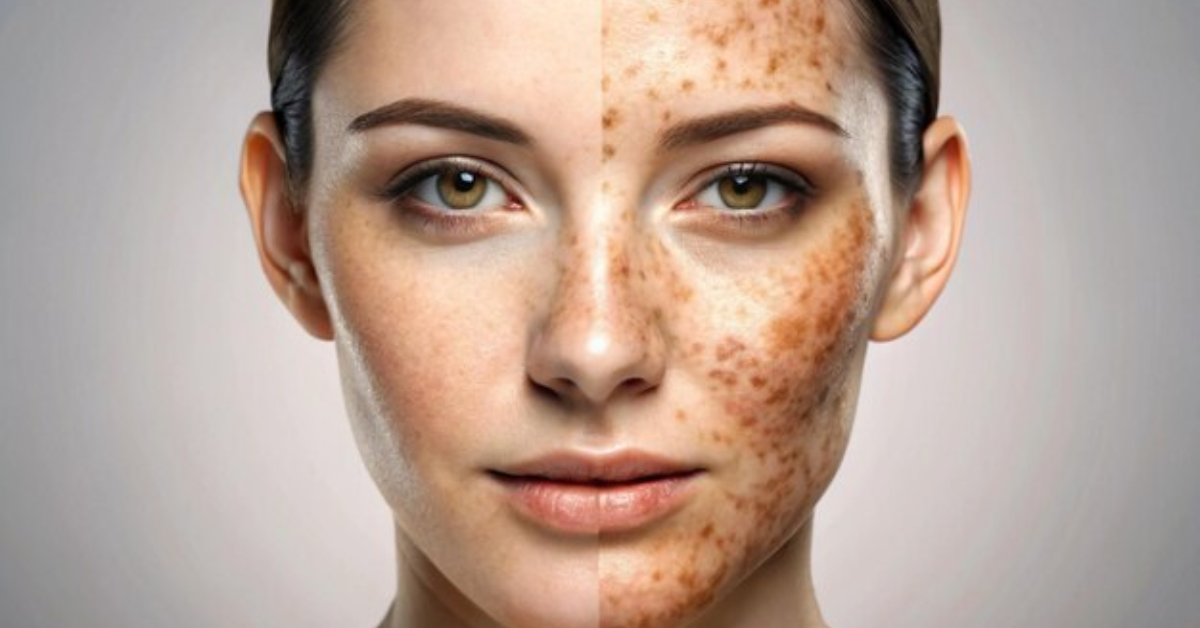What Is The Best Treatment For Skin Pigmentation?
Skin pigmentation, a common dermatological concern, refers to the discoloration or uneven tone of the skin. It can manifest in various forms, from small, localized spots to widespread patches, impacting one's appearance and often leading to self-esteem issues. Understanding the underlying causes and types of skin pigmentation is crucial in determining the most effective treatment approach.
Skin pigmentation occurs due to the irregular production and distribution of melanin, the pigment responsible for skin color. Melanin is produced by melanocytes, specialized cells in the skin. When melanocytes become hyperactive or damaged, they can produce excessive melanin, leading to dark spots or patches.
Common causes of skin pigmentation include prolonged sun exposure, hormonal changes (such as pregnancy or hormonal imbalances), genetics, inflammation, and certain medications.
Types of Skin Pigmentation
Skin pigmentation can manifest in various forms, each with its unique characteristics and underlying causes. The most common types include:
- Hyperpigmentation: Characterized by darkened areas of the skin, hyperpigmentation can occur in the form of freckles, sunspots, melasma (often triggered by hormonal changes), and post-inflammatory hyperpigmentation (resulting from acne, injuries, or skin inflammation).
- Hypopigmentation: In contrast to hyperpigmentation, hypopigmentation involves lighter patches of skin due to decreased melanin production or loss of melanocytes. Conditions such as vitiligo, albinism, and certain fungal infections can cause hypopigmentation.
- Uneven Skin Tone: This type of pigmentation is characterized by general unevenness in skin color, often resulting from a combination of factors such as sun damage, aging, and genetics.
Skin pigmentation concerns can be effectively addressed by understanding these different types and their underlying mechanisms.
Importance of Treating Skin Pigmentation
Skin pigmentation issues not only affect one's appearance but also have significant implications for both physical and mental well-being. Understanding the importance of treating skin pigmentation involves recognizing its impact on appearance, self-esteem, and overall health.
Impact on Appearance and Self-esteem
Skin pigmentation irregularities can significantly alter one's appearance, leading to concerns about uneven skin tone, dark spots, or patches. These visible changes often prompt individuals to seek out treatment options to restore a more uniform complexion and enhance their overall appearance. Moreover, the psychological impact of skin pigmentation should not be underestimated. Many individuals with pigmentation concerns experience lowered self-esteem, feeling self-conscious or embarrassed about their skin's appearance. Addressing these issues through effective treatment can improve confidence and quality of life.
Health Considerations
Beyond aesthetic concerns, untreated skin pigmentation can pose health risks. Prolonged exposure to sunlight, which exacerbates pigmentation issues, can increase the risk of skin damage, premature aging, and skin cancer. Certain types of pigmentation, such as melasma, may also signal underlying hormonal imbalances or medical conditions that require attention. Additionally, unresolved inflammation associated with pigmentation irregularities can contribute to skin sensitivity, discomfort, and potential complications. Therefore, addressing skin pigmentation not only enhances appearance but also promotes skin health and overall well-being.
Common Treatment Options
When it comes to treating skin pigmentation, various options are available, ranging from topical treatments to more invasive procedures. Choosing the most appropriate treatment approach based on individual preferences and needs requires understanding these treatment modalities.
Topical Treatments
- Hydroquinone is a commonly used topical agent for treating hyperpigmentation. It works by inhibiting melanin production and reducing the appearance of dark spots and patches. Hydroquinone creams are available in different strengths and formulations, often prescribed by dermatologists for targeted treatment of pigmentation concerns.
- Retinoids, derived from vitamin A, are another effective option for addressing skin pigmentation. These topical agents promote cell turnover, exfoliation, and collagen production, leading to improved skin texture and tone. Retinoids help fade dark spots and promote a more even complexion over time, making them a valuable addition to pigmentation treatment regimens.
- Vitamin C serums are renowned for their antioxidant properties and ability to brighten the skin. These serums work by inhibiting melanin production, reducing oxidative stress, and promoting collagen synthesis. Regular use of vitamin C serums can help fade dark spots, protect against environmental damage, and enhance overall skin radiance.
Procedures
- Chemical peels involve the application of exfoliating agents, such as alpha hydroxy acids (AHAs) or trichloroacetic acid (TCA), to the skin to remove the outermost layers and stimulate cell turnover. This procedure helps fade pigmentation, improve skin texture, and promote a more even tone. Chemical peels are available in varying strengths and depths, with dermatologists tailoring the treatment to individual skin concerns and goals.
- Laser therapy, including intense pulsed light (IPL) and fractional laser treatments, targets pigmented areas of the skin with high-energy light beams. These lasers penetrate the skin to break down excess melanin and stimulate collagen production, leading to gradual fading of dark spots and improved skin texture. Laser therapy is a versatile option for addressing various pigmentation concerns, offering precise targeting and minimal downtime.
- Microdermabrasion is a non-invasive procedure that uses a handheld device to exfoliate the skin and remove dead cells from the surface. This gentle exfoliation helps reduce the appearance of pigmentation, fine lines, and uneven texture, revealing smoother, more radiant skin. Microdermabrasion can be performed as a standalone treatment or in combination with other modalities to enhance results.
By exploring these common treatment options, individuals can work with their dermatologists to develop personalized pigmentation treatment plans tailored to their unique needs and preferences. Whether opting for topical agents or more advanced procedures, addressing skin pigmentation can lead to improved appearance, boosted self-confidence, and enhanced skin health.
Natural Remedies and Home Treatments
Lemon Juice: Lemon juice, with its natural bleaching properties, is often touted as a remedy for skin pigmentation. The citric acid in lemon juice acts as a mild exfoliant, helping to lighten dark spots and even out skin tone over time. However, it's essential to exercise caution when using lemon juice on the skin, as its acidic nature can cause irritation and sensitivity, especially in individuals with sensitive skin. It's advisable to dilute lemon juice with water before applying it to the skin and to perform a patch test to check for any adverse reactions.
Aloe Vera Gel:
Aloe vera gel is renowned for its soothing and healing properties, making it a popular choice for treating various skin conditions, including skin pigmentation. Rich in antioxidants and vitamins, aloe vera gel can help reduce inflammation, promote skin regeneration, and improve overall skin health. When applied topically, it can help fade dark spots and promote a more even skin tone. Aloe vera gel is generally safe for most skin types, but it's always wise to do a patch test before widespread application, especially if you have sensitive skin.
Green Tea Extract:
Green tea extract contains potent antioxidants known as catechins, which have been shown to have skin-brightening and anti-inflammatory properties. Applying green tea extract topically or consuming it orally can help reduce the appearance of dark spots and protect the skin from UV damage. Green tea extract may also help inhibit the production of melanin, the pigment responsible for skin coloration, thereby promoting a more even skin tone. Incorporating green tea extract into your skincare routine or drinking green tea regularly may contribute to healthier-looking skin and improved pigmentation.
Lifestyle Changes to Manage Skin Pigmentation
Sun Protection:
Sun protection is paramount in managing skin pigmentation, as exposure to UV radiation can exacerbate existing pigmentation issues and lead to further skin damage. It's essential to use broad-spectrum sunscreen with an SPF of 30 or higher daily, even on cloudy days, and to reapply it every two hours when outdoors. Additionally, wearing protective clothing, such as wide-brimmed hats and long sleeves, and seeking shade during peak sun hours can help minimize sun exposure and protect the skin from harmful UV rays.
Diet and Nutrition:
Maintaining a healthy diet rich in fruits, vegetables, whole grains, and lean proteins can support skin health and help manage skin pigmentation. Foods high in antioxidants, such as berries, leafy greens, and citrus fruits, can help combat oxidative stress and promote skin repair. Consuming foods rich in vitamin C, vitamin E, and omega-3 fatty acids may also contribute to a more even skin tone and improved skin texture. Additionally, staying hydrated by drinking plenty of water is essential for maintaining healthy skin and aiding in the body's natural detoxification processes.
Stress Management:
Chronic stress can negatively impact skin health and exacerbate skin pigmentation issues through various physiological mechanisms. Implementing stress management techniques such as mindfulness meditation, yoga, deep breathing exercises, and regular physical activity can help reduce stress levels and promote overall well-being. Getting an adequate amount of sleep each night is also crucial for skin repair and regeneration. By prioritizing stress management and adopting healthy coping mechanisms, individuals can support their skin's natural healing processes and minimize the effects of stress-related skin conditions, including skin pigmentation.
Consulting a Dermatologist: The Best Approach
A dermatologist should be consulted when dealing with skin pigmentation concerns. Dermatologists are medical experts specializing in skin health and can provide invaluable insights into the underlying causes of pigmentation issues. At Malka Med Spa, our team of experienced dermatologists understands the complexities of skin pigmentation and the importance of personalized care. By consulting a dermatologist, individuals can receive accurate diagnosis and tailored recommendations based on their unique skin type, concerns, and medical history. Professional advice ensures that treatments are safe, effective, and specifically targeted to address the root cause of pigmentation problems, leading to optimal results and improved skin health.
Customized Treatment Plans
At Malka Med Spa, we recognize that one-size-fits-all approaches are ineffective when it comes to treating skin pigmentation. That's why we offer customized treatment plans tailored to each patient's individual needs and goals. Our dermatologists take the time to thoroughly assess the skin, discuss concerns, and understand desired outcomes before recommending a personalized treatment regimen. Whether it's hyperpigmentation, hypopigmentation, or uneven skin tone, our team employs a comprehensive approach that may include advanced technologies, innovative procedures, and scientifically proven skincare products. By customizing treatment plans, we ensure that each patient receives the most appropriate interventions to achieve optimal results safely and efficiently. With Malka Med Spa's personalized approach to skincare, patients can feel confident in their journey towards achieving clearer, more radiant skin.
Conclusion
Finding the right treatment for skin pigmentation is essential for achieving the desired results and improving overall skin health. Whether seeking professional advice from a dermatologist, exploring various treatment options, or incorporating natural remedies and lifestyle changes, individuals can take proactive steps towards addressing pigmentation concerns effectively. By prioritizing personalized care and considering factors such as skin type, severity of pigmentation, and individual preferences, individuals can embark on a journey towards clearer, more radiant skin and enhanced confidence.


